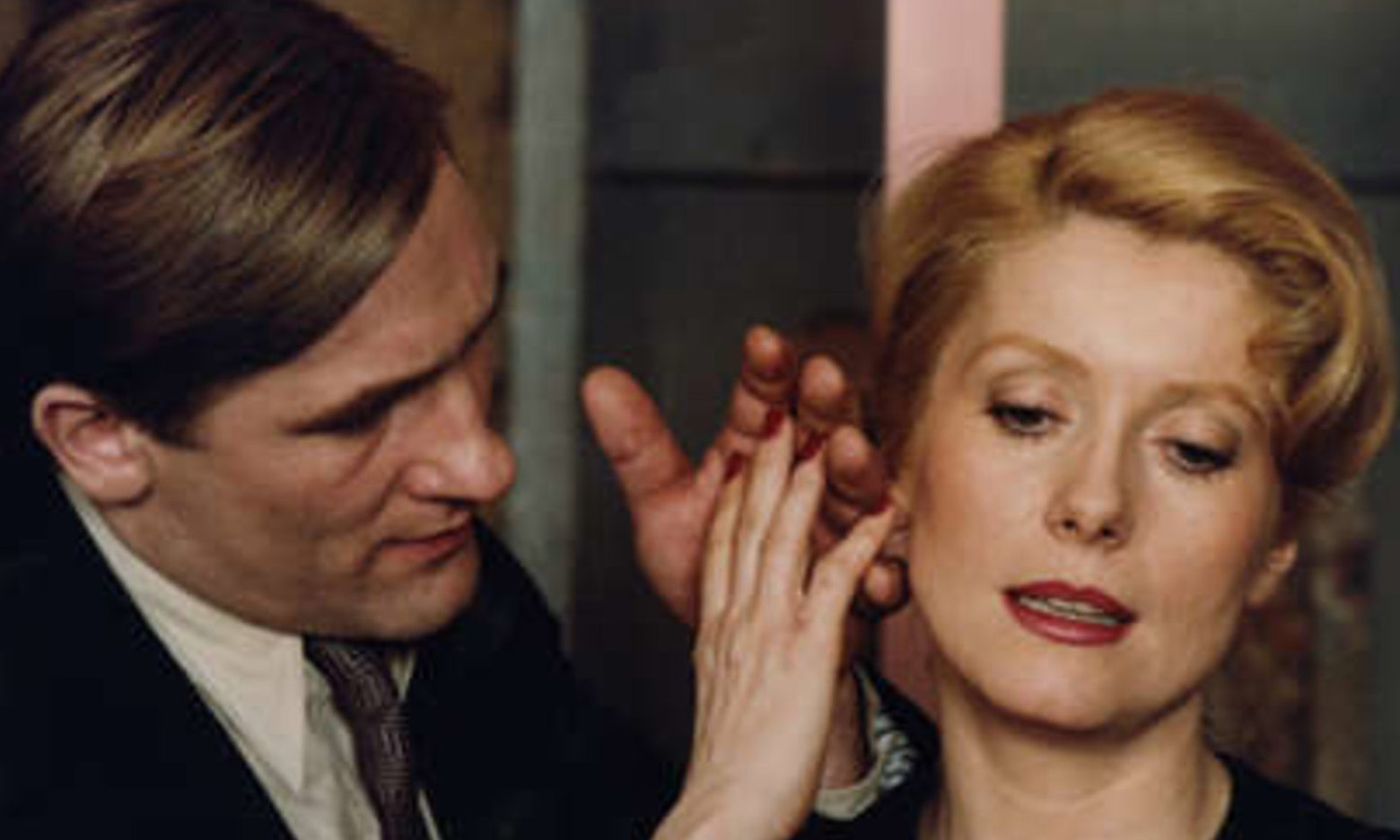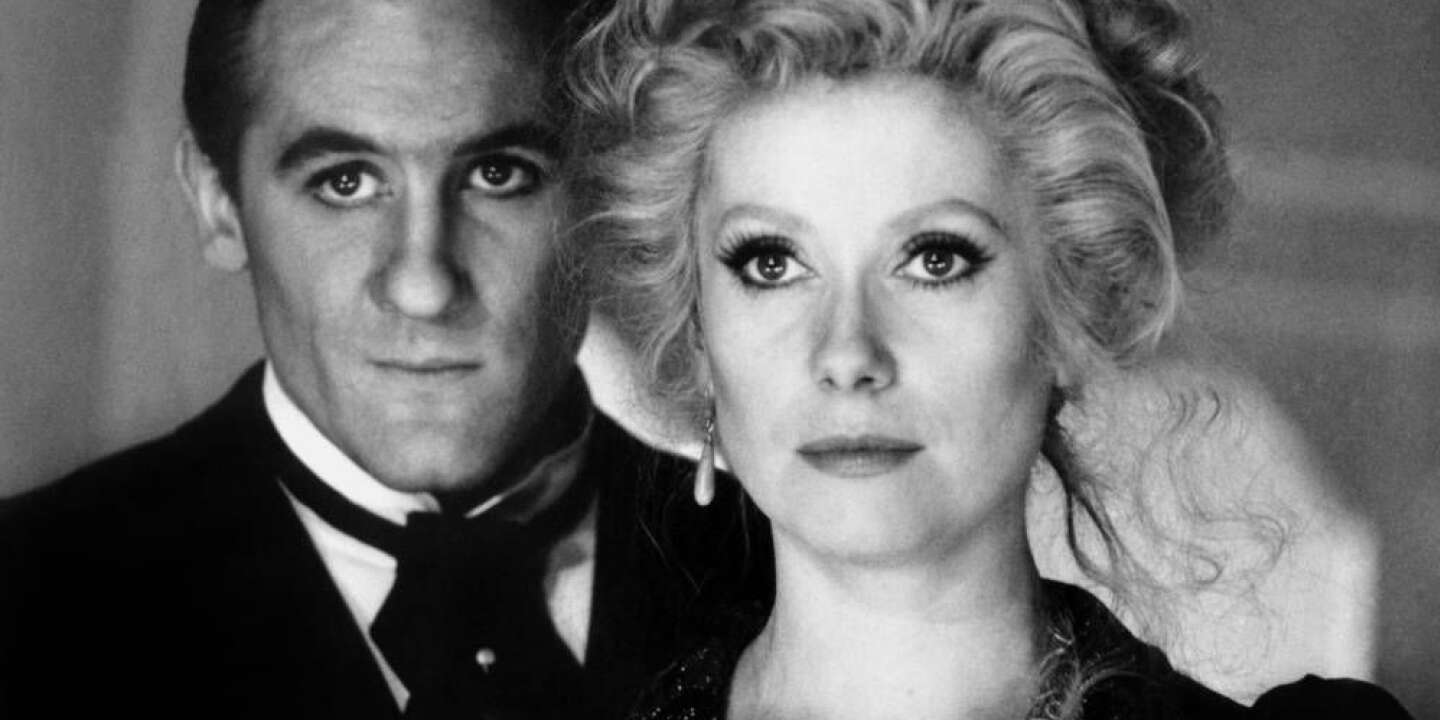1980 · A · 2h 11min
Drama · Romance · War · Foreign language
Drama · Romance · War · Foreign language
English title The Last Metro
Director François Truffaut
Stars Catherine Deneuve · Gérard Depardieu · Jean Poiret · Heinz Bennent · Andréa Ferréol · Sabine Haudepin · Jean-Louis Richard · Maurice Risch · Richard Bohringer
Music by Georges Delerue
Written by François Truffaut · Suzanne Schiffman · Jean-Claude Grumberg
Release Date 17 September 1980
Country of Origin France
Language Spoken French · German · Italian
Sound Mix Mono Colour Colour Aspect Ratio 1.66 : 1
Box office $23.3 million · 3,393,694 admissions (France)
In occupied Paris, an actress married to a Jewish theatre owner must keep him hidden from the Nazis while doing both of their jobs.
Sentimental.
"A dazzlingly subversive work."
—Vincent Canby, New York Times
Plot
On his way to start rehearsals at the Théâtre Montmartre, where he has been hired as male lead for a new production, young Bernard Granger is repeatedly rebuffed by a woman he is trying to pick up in the street. When he arrives, she turns out to be the production designer Arlette, a lesbian. He is taken to see former starlet Marion, who is both owner of the theatre and leading lady. Her Jewish husband, Lucas, is the director of the theatre believed to have left Paris but is in fact living in the cellar, from where Marion releases him each evening while delivering food and prospective materials for future productions. Their evenings are spent in the empty theatre making love and discussing the current production alongside plans for Lucas to flee the country. Marion is immediately smitten with the oblivious Bernard, whom Lucas only knows from a headshot and what he can hear through a rigged heating vent. Unknown to anybody at the theatre, Bernard is a member of a Resistance group and delivers the bomb that kills a German admiral.
The first night is loved by a full house but one of the newspaper reviews next morning is viciously hostile, damning the show as Jewish. The writer, Daxiat, an anti-semite, hopes to oust Marion and take over her theatre. While cast and crew are celebrating their success in a nightclub, Daxiat is also there with another party. Bernard, furious that the man has insulted the gentile Marion, hustles him out to the street and pushes him around. Furious that Bernard has jeopardised her theatre, Marion refuses all contact with him offstage. One night, pretending to be air raid wardens, two Gestapo men start searching the theatre and it is Bernard to whom Marion turns in desperation for urgent help in concealing Lucas and his effects. When the Gestapo arrest Bernard's Resistance contact just before they have planned to meet in a church, he decides to devote his life to the cause and give up acting. As he is clearing out his little dressing room, Marion comes in to say goodbye and the two make love on the floor.
After the war, Bernard returns to be male lead in a new play that the freed Lucas wrote while hiding. In it, the female lead played by Marion offers to share her life but he claims he never really loved her. At the end of the opening night, Bernard, Marion and Lucas stand hand in hand to receive the applause.
"And yet, within the unfortunate limitations that Truffaut sets for himself, he does deliver an entertaining movie."
—Roger Ebert, Chicago Sun-Times

